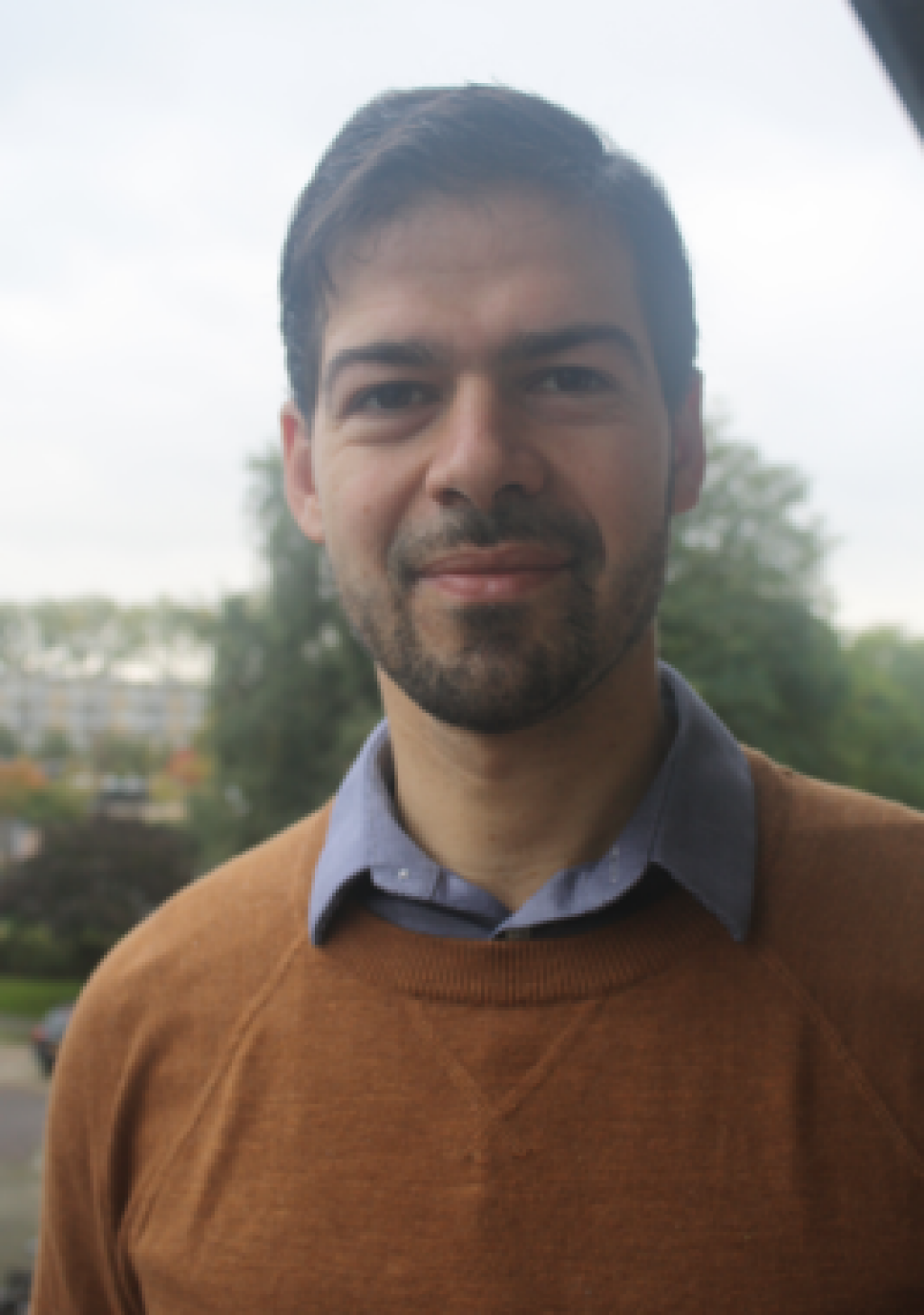In his celebrated work of historical anthropology, Bernard Cohn showed how British studies and systematization of Sanskrit language and Hindu law functioned as tools of imperial control by making society more legible. In this talk, Professor Artemy Kalinovsky will explore the inverse situation: what happens when formalized knowledge proves insufficient, and government officials turn to informal knowledge to govern territories and peoples they do not understand. Drawing on his research on the use of sociological inquiry to understand living standards in late-Soviet Central Asia, he will show how planners increasingly came to rely on informal observations made by researchers even as they developed new computational and survey techniques. The late Soviet understanding of Central Asian rural economies drew heavily on these informal observations, and also informed how international organizations approached the region after 1991.
Artemy Kalinovsky is Professor of Russian, Soviet, and post-Soviet Studies at Temple University. He earned his BA from the George Washington University and his MA and PhD from the London School of Economics, after which he spent a decade teaching at the University of Amsterdam. His first book was A Long Goodbye: The Soviet Withdrawal from Afghanistan (Harvard University Press, 2011). His second book, Laboratory of Socialist Development: Cold War Politics and Decolonization in Soviet Tajikistan (Cornell University Press, 2018), won the Davis and Hewett prizes from the Association of Slavic, East European, and Eurasian Studies. He is currently working on a project that studies the legacies of socialist development in contemporary Central Asia to examine entanglements between socialist and capitalist development approaches in the late 20th century.
This event will be held virtually as a Zoom meeting for non-NYU affiliates. NYU affiliates my attend the event in person at the Jordan Center.



